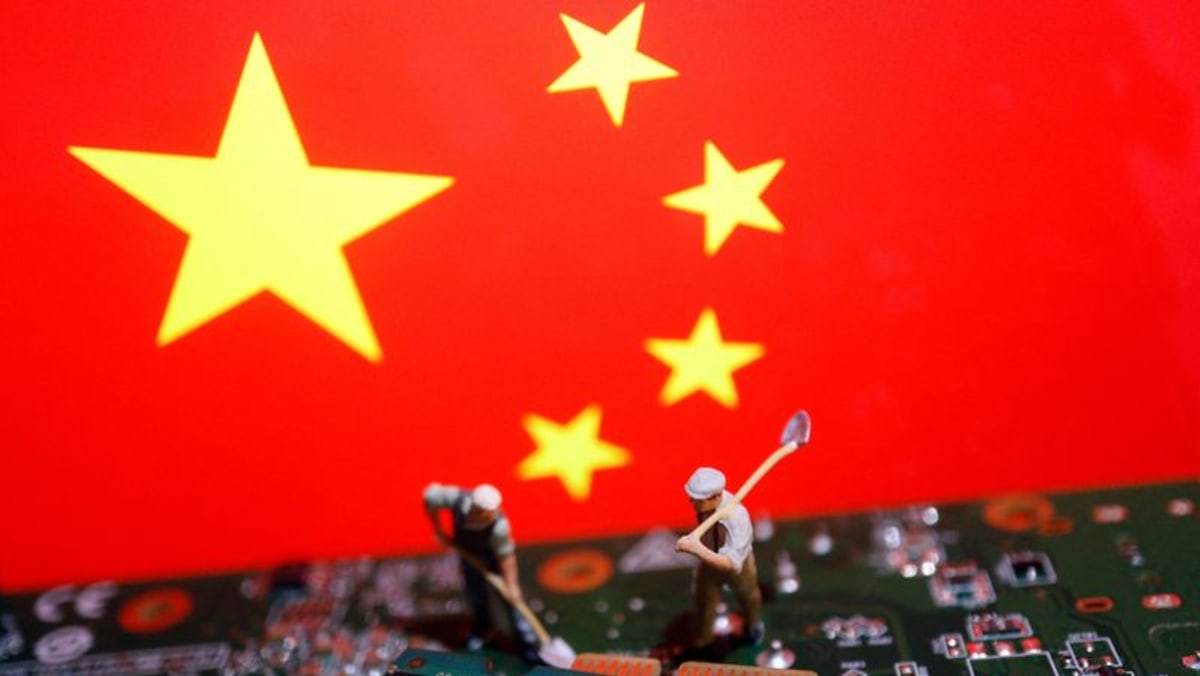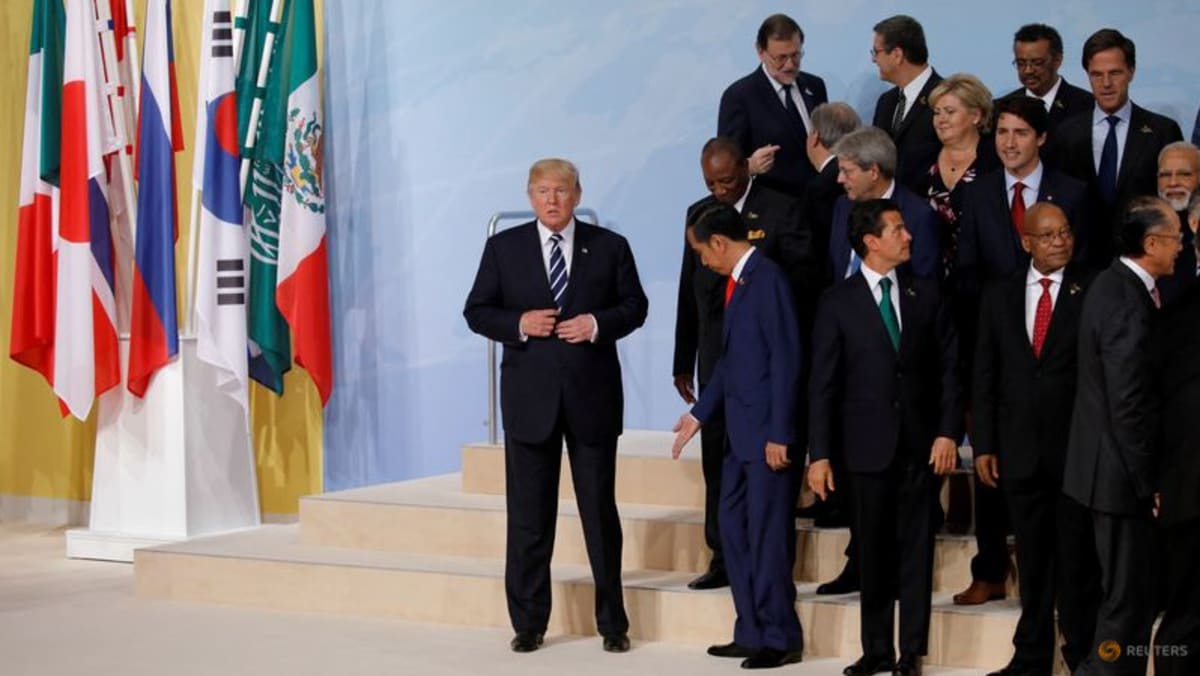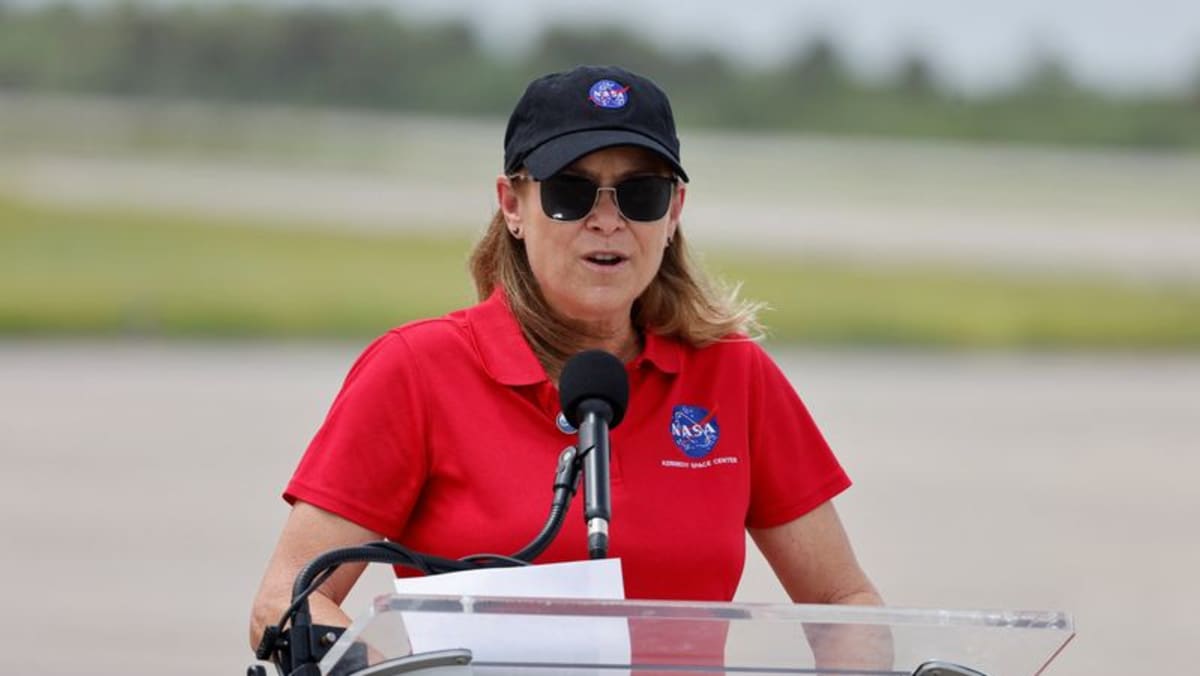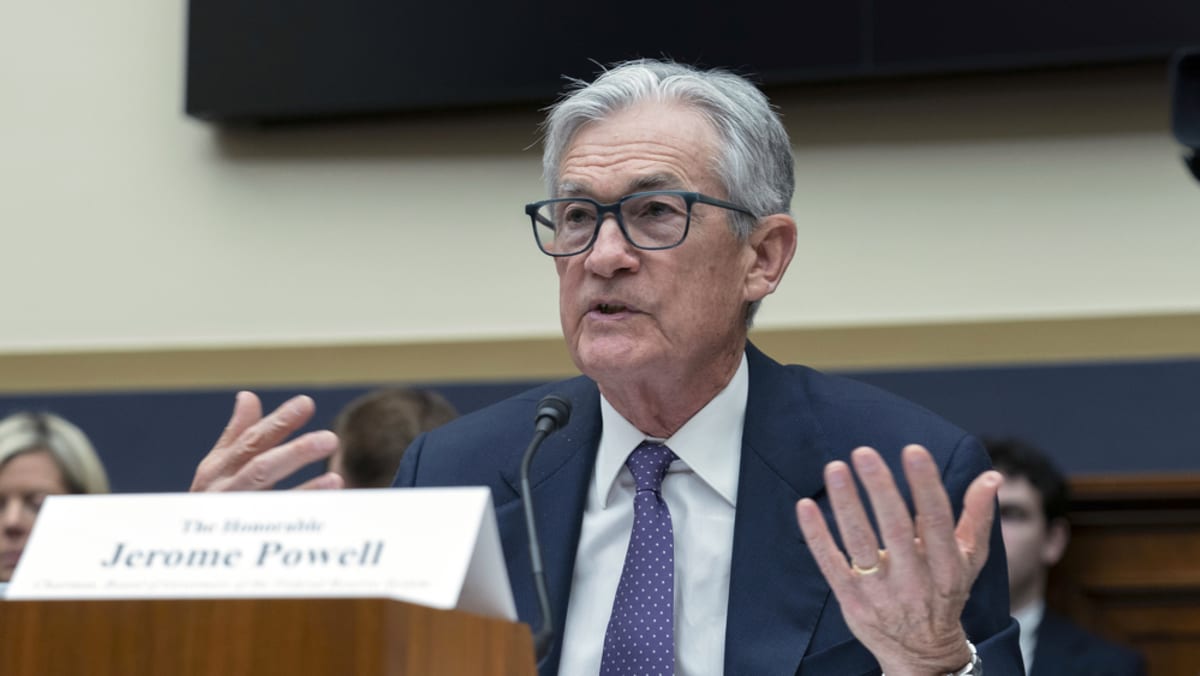JOHANNESBURG: South Africa’s G20 presidency was meant to be an opportunity to get rich, powerful nations to pay attention to poorer countries’ concerns such as burgeoning inequality, crippling sovereign debt and a lack of progress in the fight against climate change.
But the richest, most powerful member, the United States, is not on board. Secretary of State Marco Rubio said on Feb 6 that South Africa’s G20 goals were “very bad” and he would not attend next week’s meetings with his G20 counterparts in Johannesburg.
In a broader attack on South Africa, President Donald Trump cut US financial assistance to the country, citing disapproval of its land redistribution policy and its genocide case against Israel at the International Court of Justice.
The US stance “seems to be aimed at making sure that South Africa doesn’t hold a successful G20”, said Ongama Mtimka, acting director at the Raymond Mhlaba Center for Governance and Leadership at the country’s Nelson Mandela University.
Launched after the 2007 to 2008 financial crisis to include big emerging economies in talks that had previously been confined to the Group of Seven industrialised nations, the G20 is supposed to be a key venue for economic and financial cooperation.
It is also seen as vital to shaping the response to climate change, as G20 nations account for 85 per cent of the world economy and more than three-quarters of climate-warming emissions.
But the Trump administration’s hostility calls into question the forum’s relevance, analysts said.
“The bigger question that one has to ask is what is G20 without the United States?” said David Monyae, director of the Centre for Africa-China Studies at the University of Johannesburg.
“The implications are much bigger than South Africa … It means the collapse of the G20 process itself,” he said.
“I do not think we are there yet, but … we seem to be crawling towards that.”













